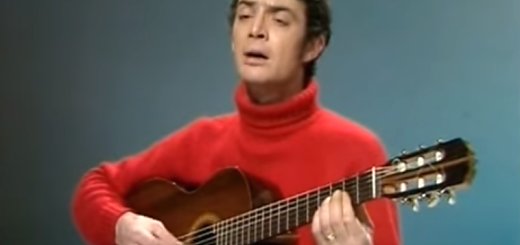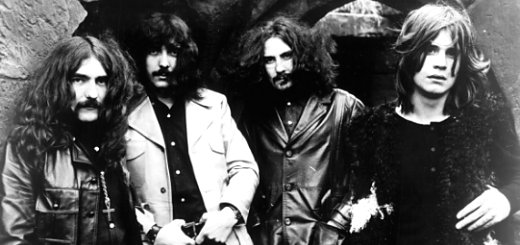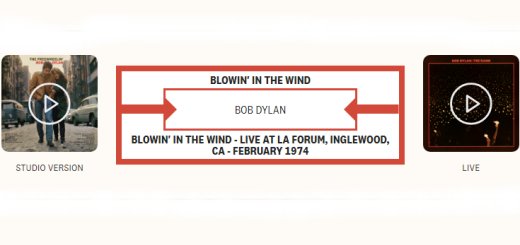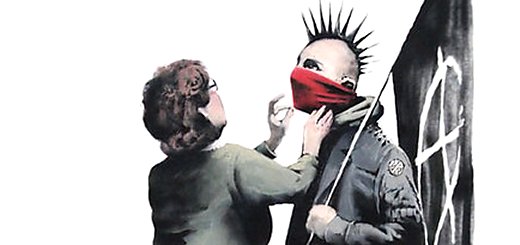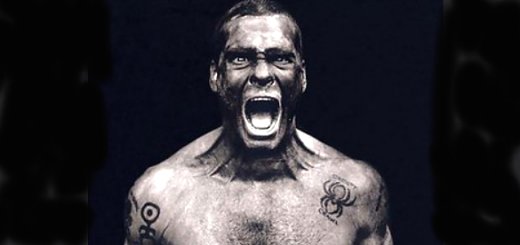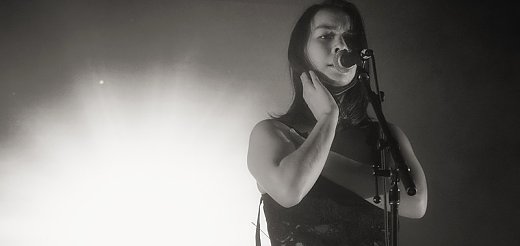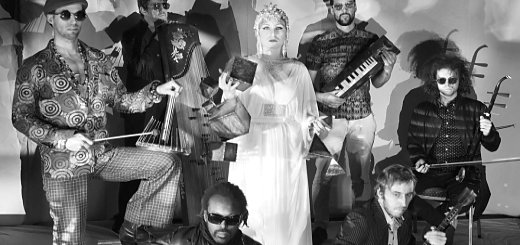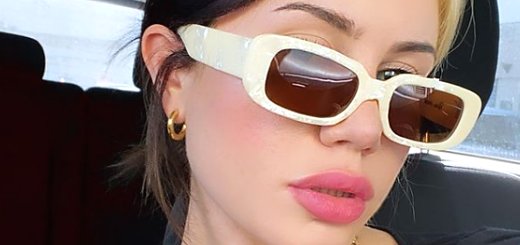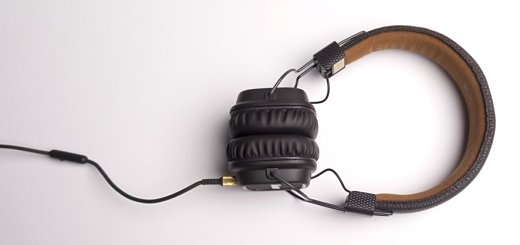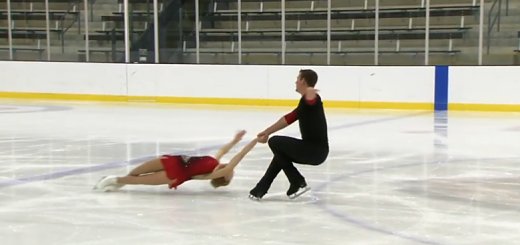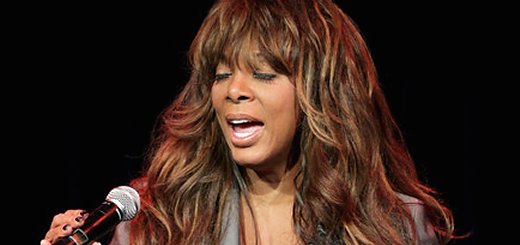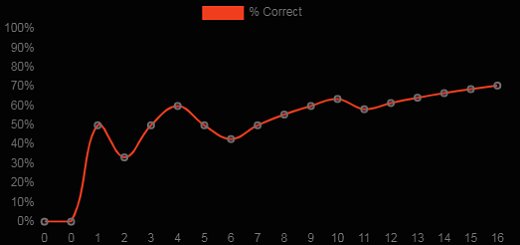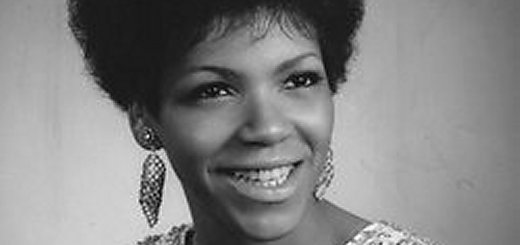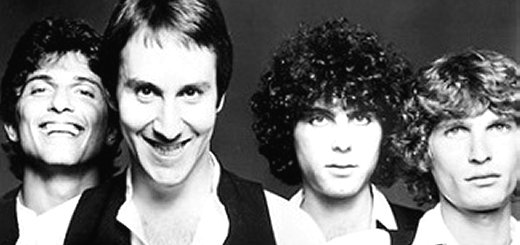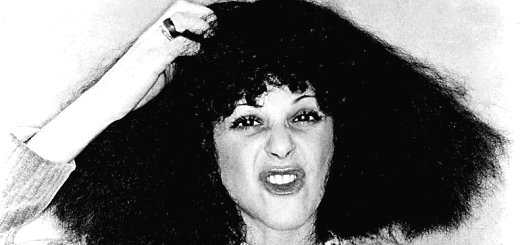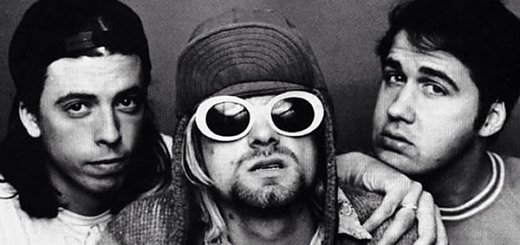Chris of the Christine and the Queens: Playing live is like making love

A great series of texts in Guardian by the members of Mogwai, Chic, Charlatans, Haim, Hot Chip and others about the joy of playing live. Chris of the Christine and the Queens goes all the way with her text: "I like the animalistic side of touring: it’s about being a nice beast on stage, you have to sniff things and feel things and adapt. I like the accidents, the awkwardness of it. It can be really humbling because you think you know your show, and then you learn it again because the audience reacts differently. I like the challenge – to prove myself on stage, to try to win people over. It’s almost like a Don Juan thing, every time you have to make love, and you have to find a different way".

